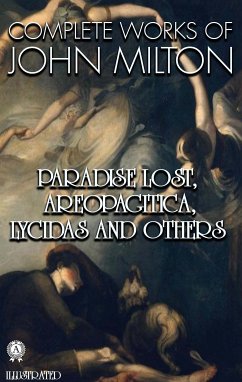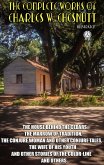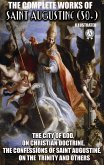John Milton wrote at a time of religious flux and political upheaval, and is best known for his epic poem Paradise Lost (1667). Written in blank verse, Paradise Lost is widely considered to be one of the greatest works of literature ever written. He achieved international renown within his lifetime; his celebrated Areopagitica (1644), written in condemnation of pre-publication censorship, is among history's most influential and impassioned defences of freedom of speech and freedom of the press. Milton was a "passionately individual Christian Humanist poet." He appears on the pages of seventeenth century English Puritanism, an age characterized as "the world turned upside down." He was a Puritan and yet was unwilling to surrender conscience to party positions on public policy. Poets such as William Blake, William Wordsworth and Thomas Hardy revered him. Contents: The Poetry Collections POEMS, 1645 PARADISE LOST PARADISE REGAINED SAMSON AGONISTES POEMS, 1673 VERSES FROM MILTON'S COMMONPLACE BOOK The Prose Works AREOPAGITICA THE DOCTRINE AND DISCIPLINE OF DIVORCE ON EDUCATION COLASTERION THE TENURE OF KINGS AND MAGISTRATES A TREATISE OF CIVIL POWER DE DOCTRINA CHRISTIANA








